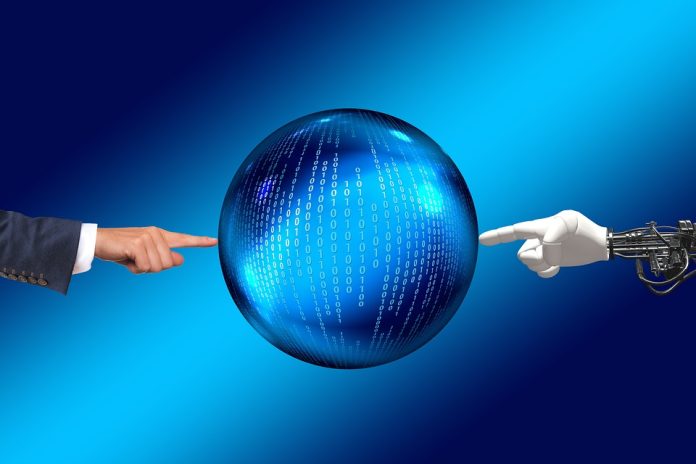Artificial Intelligence (AI) is advancing rapidly and transforming the workforce. From automation to predictive analytics, AI has the potential to revolutionize the way we work and live. According to a recent report by McKinsey, AI could contribute $13 trillion to the global economy by 2030. But what are the benefits of AI in the workforce, and how is it changing the face of work as we know it?
To start, AI has the potential to eliminate many of the repetitive and labor-intensive tasks that currently dominate the workforce. This includes everything from data entry and analysis to customer service and administrative work. By automating these tasks, AI can free up employees to focus on more creative and interesting work, which is better suited to their skills and interests. This can result in greater job satisfaction and better work-life balance, which is beneficial for both employees and employers.
AI can also help to improve the speed and accuracy of certain tasks. For instance, AI-powered chatbots are becoming increasingly common in customer service roles, allowing customers to receive immediate assistance without the need for human intervention. This can help to reduce wait times and improve the overall customer experience. Similarly, predictive analytics can help employers to identify and address potential issues before they become major problems, saving time and resources in the long run.
Another benefit of AI is its ability to learn and adapt over time. This means that as more data is processed, AI systems can become more accurate and efficient, leading to better results and higher productivity. In fact, many companies are already using AI to optimize their operations and reduce costs. For example, Amazon’s use of AI in its warehouse operations has led to significant improvements in efficiency and productivity.
While there are certainly benefits to using AI in the workforce, some people are concerned about the impact it may have on employment. They worry that as more jobs become automated, there will be fewer opportunities for human workers. While there is some truth to this concern, it is important to remember that AI is not a replacement for human workers, but rather a tool to assist them. In fact, according to a report by PwC, AI could create as many as 2.3 million new jobs in the UK alone over the next 20 years.
In conclusion, there is no doubt that AI is changing the workforce, and the benefits are clear. From automating repetitive tasks to improving accuracy and speed, AI has the potential to revolutionize the way we work. While there are certainly concerns about the impact it may have on employment, it is important to remember that AI is not a replacement for human workers, but rather a tool to assist them. As we move into the future, it is likely that AI will continue to play an increasingly important role in the workforce, and those who are able to embrace and adapt to this change will be well-positioned for success.

